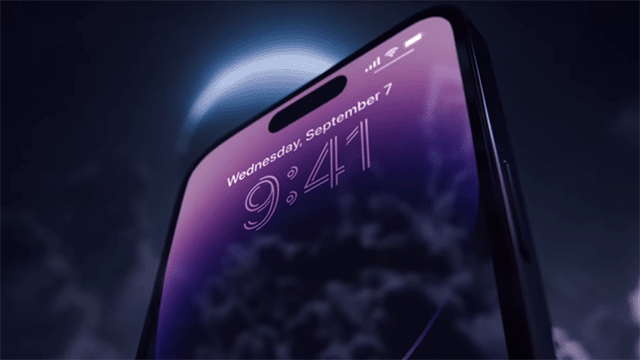The iPhone 14 and 14 Pro are the first phones from Apple not to take a SIM card. Instead, they use an eSIM, which is embedded in the device and is not removable. Since SIM cards have been used in cell phones for decades, some buyers will be confused by their absence.
What’s an eSIM in an iPhone 14?
https://www.youtube.com/watch?v=FT3ODSg1GFE
An eSIM serves the same purpose in an iPhone 14 as a regular SIM card. It has a permanent eSIM ID (EID), and a carrier’s provisioning service uses that number to tie the phone to your account.
In practice, using it won’t be that much different than any other iPhone. For example, if you buy a phone from a carrier, it’ll provision the device for you. Alternatively, if you purchase an unlocked device, you’ll likely be able to enter the EID via your carrier’s website to activate the phone.
Apple introduced eSIMs way back in the Apple Watch Series 3 in 2017, and it’s been an optional feature on iPhones since 2018. However, the iPhone 14 and 14 Pro are the first of Apple’s phones to completely remove the ability to use a traditional SIM card. Their big advantage is improved reliability, increased network security, and they take up less space.











